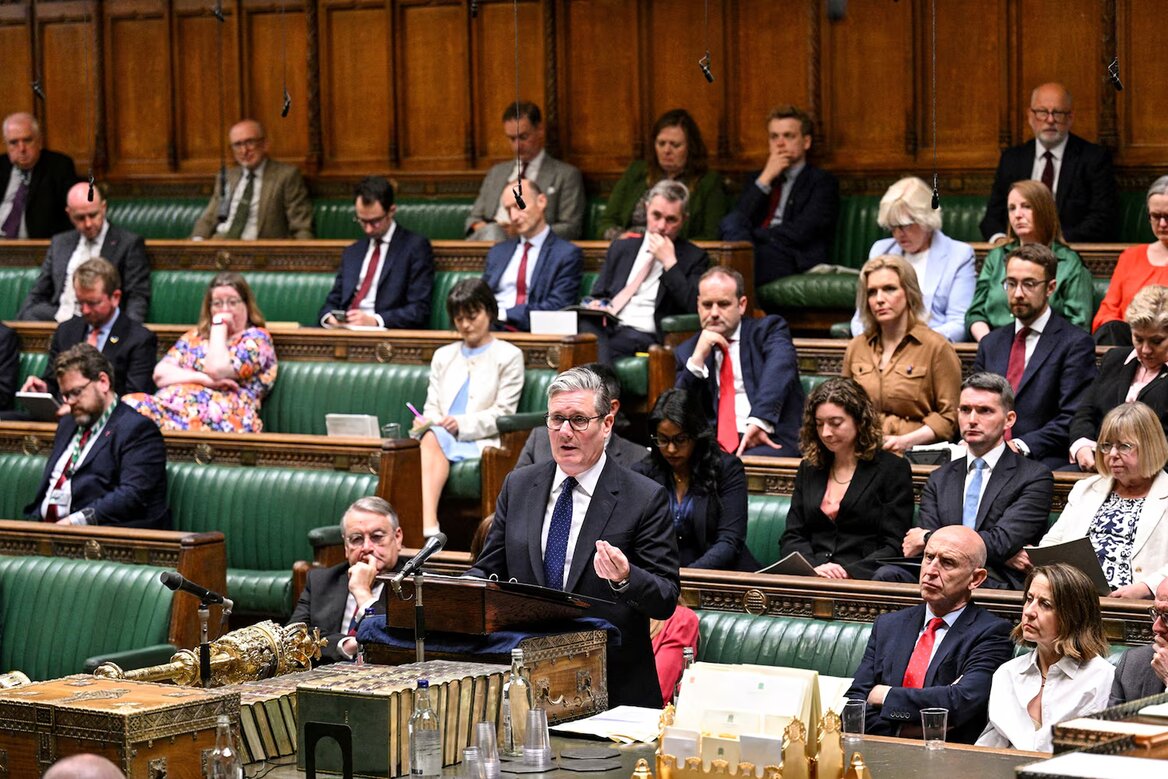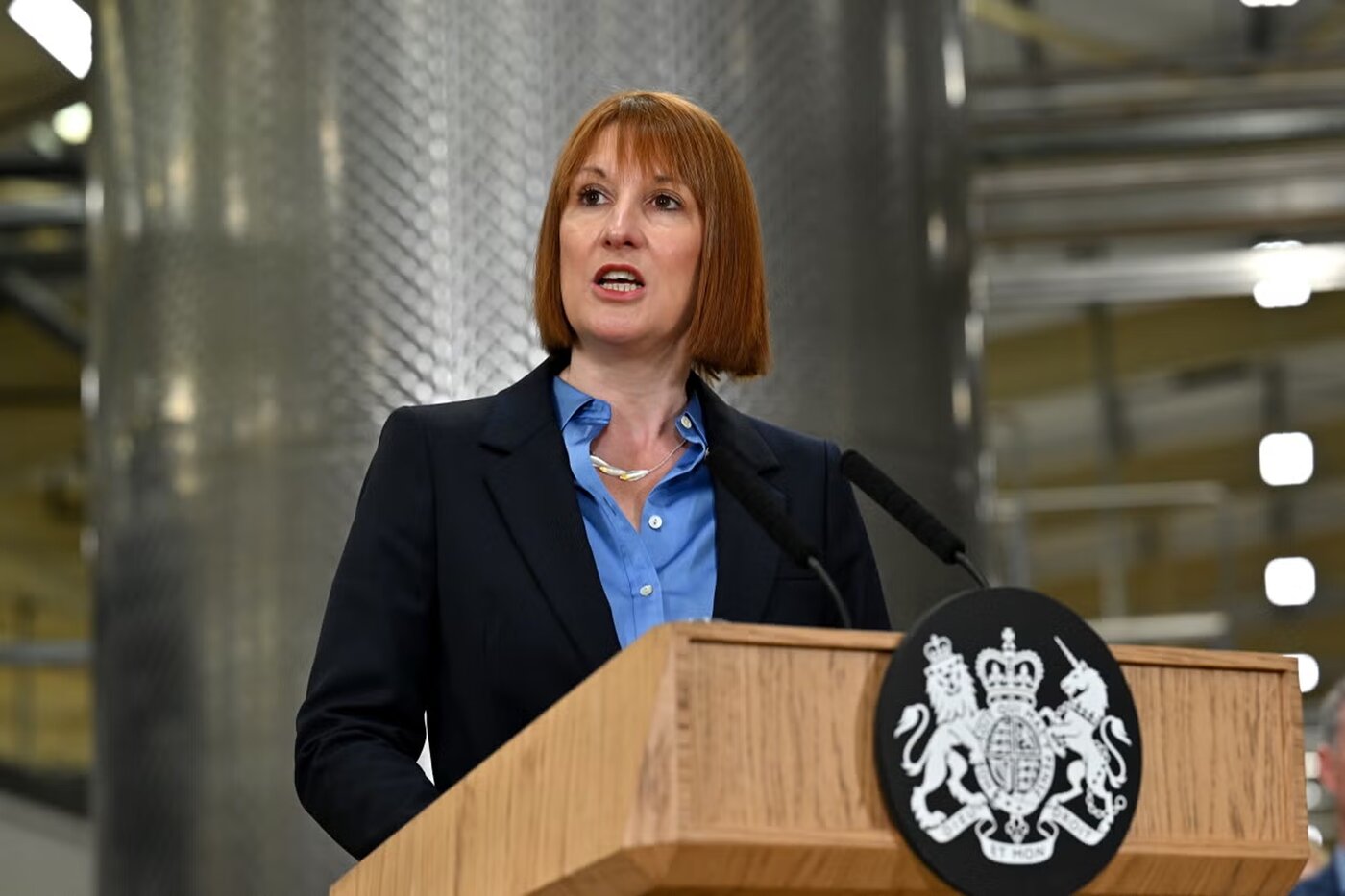The UK is bracing for a challenging economic period as Chancellor Rachel Reeves and Prime Minister Keir Starmer begin to shape the narrative for the Autumn 2025 Budget.
While ruling out hikes in income tax, National Insurance, and VAT, the Labour government is preparing alternative tax measures amid economic headwinds and public finance constraints. Among the most likely policy changes is a rise in gambling levies, part of a broader package intended to plug a projected budget deficit of over £41 billion.
With inflation forecast to reach 4% and economic growth stagnating, ministers are meeting behind closed doors to decide how best to balance public expectations, business concerns, and fiscal responsibility. This strategic planning is being carried out well ahead of Labour’s annual party conference and what is expected to be a high-stakes budget in November.
A Tense Economic Backdrop
The context for the upcoming budget is stark. The Bank of England recently cut interest rates to 4% the lowest since March 2023, but warned of persistent inflation, sluggish growth, and rising unemployment.
The central bank attributed part of the inflationary surge to government driven cost increases, including a 6.7% hike in the national living wage and additional business expenses such as recycling fees.
Governor Andrew Bailey described the rate cut as "a finely balanced decision," adding that while future cuts were likely, they would need to be gradual and cautious.
Adding pressure to the government’s fiscal planning are recent economic forecasts from the National Institute of Economic and Social Research (NIESR), which identified a £41.2bn deficit and recommended sustained but moderate tax rises to restore financial stability and preserve a £10bn budget buffer.

Gambling Levies in the Crosshairs
One tax measure gaining traction is a hike in gambling levies. The policy has received support from former Prime Minister Gordon Brown, who has urged Reeves to use the revenue to eliminate the controversial two-child benefit cap. While Reeves hasn't committed to this yet, she confirmed that a review of gambling taxes is underway, with evidence currently being gathered.
Despite lobbying from the gambling industry, the measure appears near-certain. Aides believe this could be one of the least politically damaging ways to increase revenue without touching Reeves’ red lines on income tax, VAT, or National Insurance.
Lessons from Last Year
Advisors close to Reeves are promoting a "no surprises" strategy, echoing the 2024 budget, which was considered well executed. In that instance, early signals to the markets about fiscal rules changes were credited with calming investor nerves.
However, the government faced heavy criticism for a surprise £25bn increase in employer NICs, which business leaders say has driven up costs and contributed to inflation. Companies like Tesco and Boots warned that the hike could lead to job losses and higher consumer prices. With unemployment already ticking upwards, Labour will be walking a tightrope between economic reform and public sentiment.

Structural Problems and Long-Term Strategy
As Starmer prepares for his conference speech, his focus is reportedly shifting toward long-term structural issues, including weak productivity and stagnant economic growth. Government insiders believe the budget should be used to outline a roadmap for solving these deeper challenges rather than offering short-term fixes.
This strategic pivot reflects a broader attempt to reframe economic debate. Rather than positioning tax and spend decisions as political choices alone, Labour aims to argue they are dictated by the UK’s entrenched economic weaknesses.
Reeves’ Budget Red Lines
Despite mounting fiscal pressures, Reeves has reaffirmed her commitment not to raise income tax, National Insurance, or VAT. Nor is she expected to change fiscal rules, according to sources close to the Chancellor. These commitments significantly narrow the scope for substantial new revenue streams.
Meanwhile, Reeves has taken credit for the Bank of England’s interest rate cuts, suggesting Labour’s economic management played a role in stabilising public finances and encouraging a more optimistic monetary outlook.
Balancing Policy and Public Opinion
While fiscal responsibility is at the heart of Labour’s messaging, internal debates continue about how to navigate the policy space without alienating voters.
Aides express concern that ruling out a wealth tax, combined with pressure to avoid major cuts, could leave the government boxed in. As one senior Whitehall source said, "It will have to be salami slicing small pieces here and there, when what we should do is bite the bullet."

Conclusion
The run-up to the Autumn 2025 Budget is shaping up to be one of the most delicate balancing acts in recent UK political history. As Reeves and Starmer aim to reassure markets while addressing public concerns, their refusal to touch headline tax rates leaves them with limited options.
With inflation rising, business groups frustrated, and structural economic problems looming large, the real question may be not just what will be in the budget, but what won't be.











